We've found 95 matches for your search. Order by
Results
-
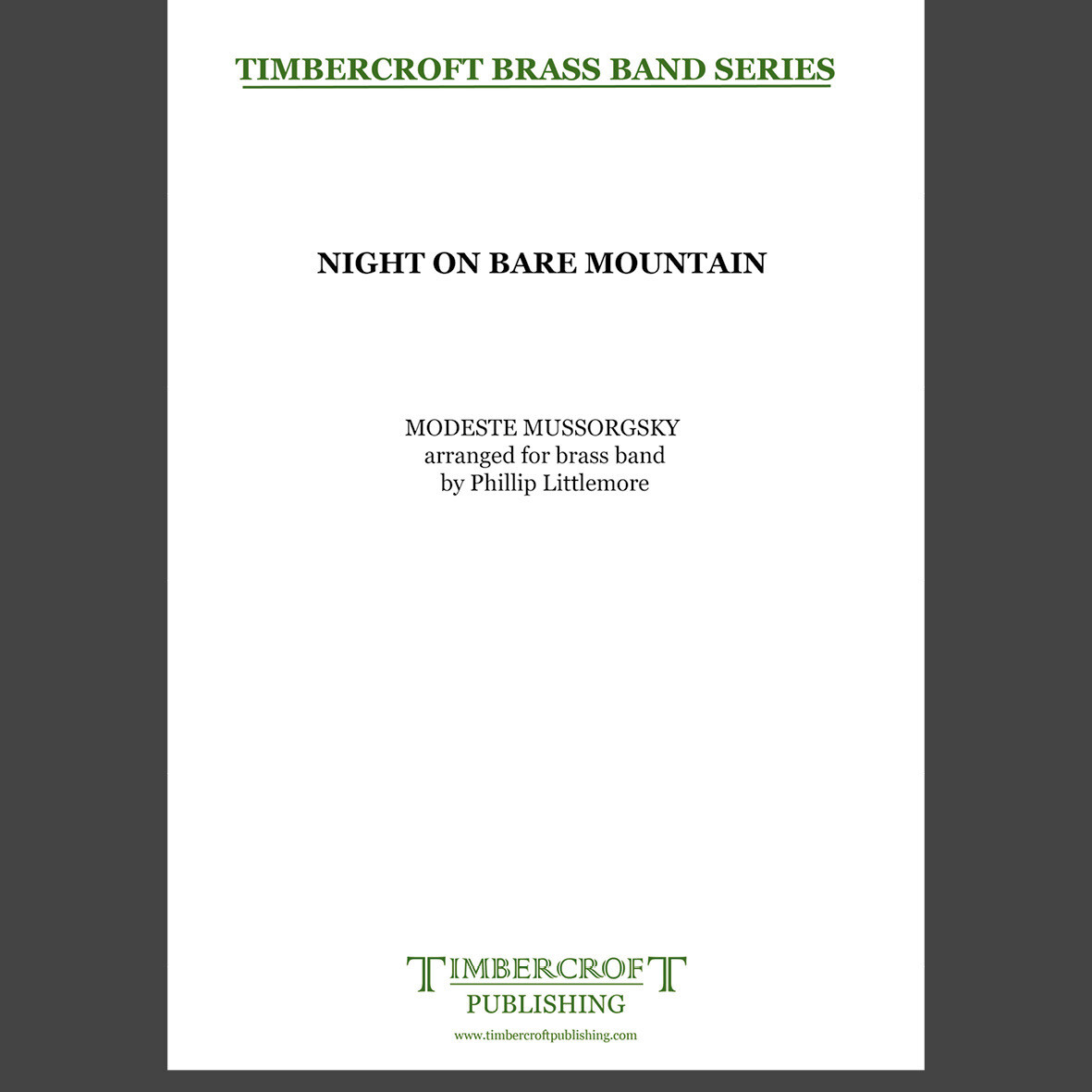 £40.00
£40.00Night On Bare Mountain - Modeste Mussorgsky arr. Phillip Littlemore
Estimated dispatch 5-7 working days
-
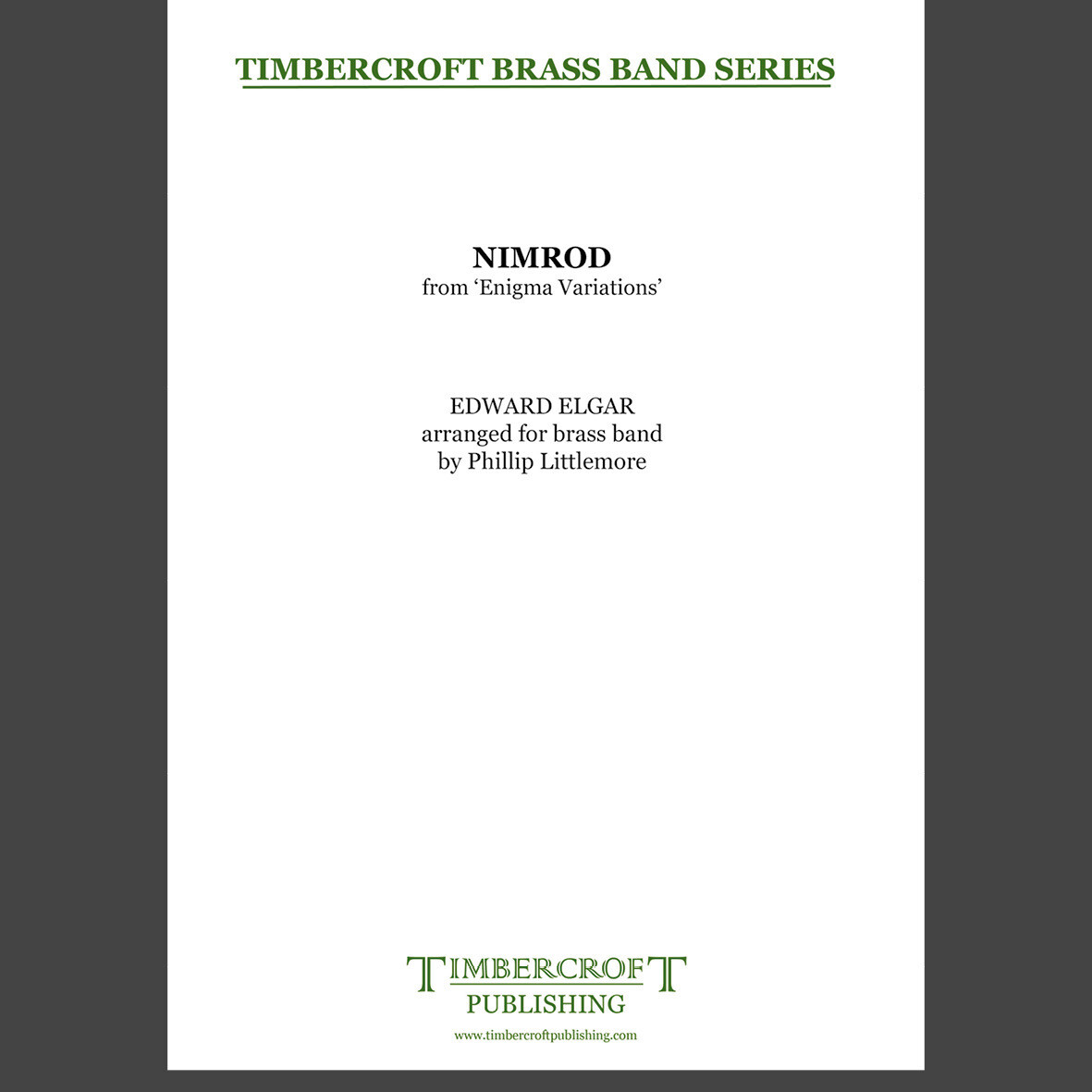 £30.00
£30.00Nimrod - Edward Elgar arr. Phillip Littlemore
Estimated dispatch 5-7 working days
-
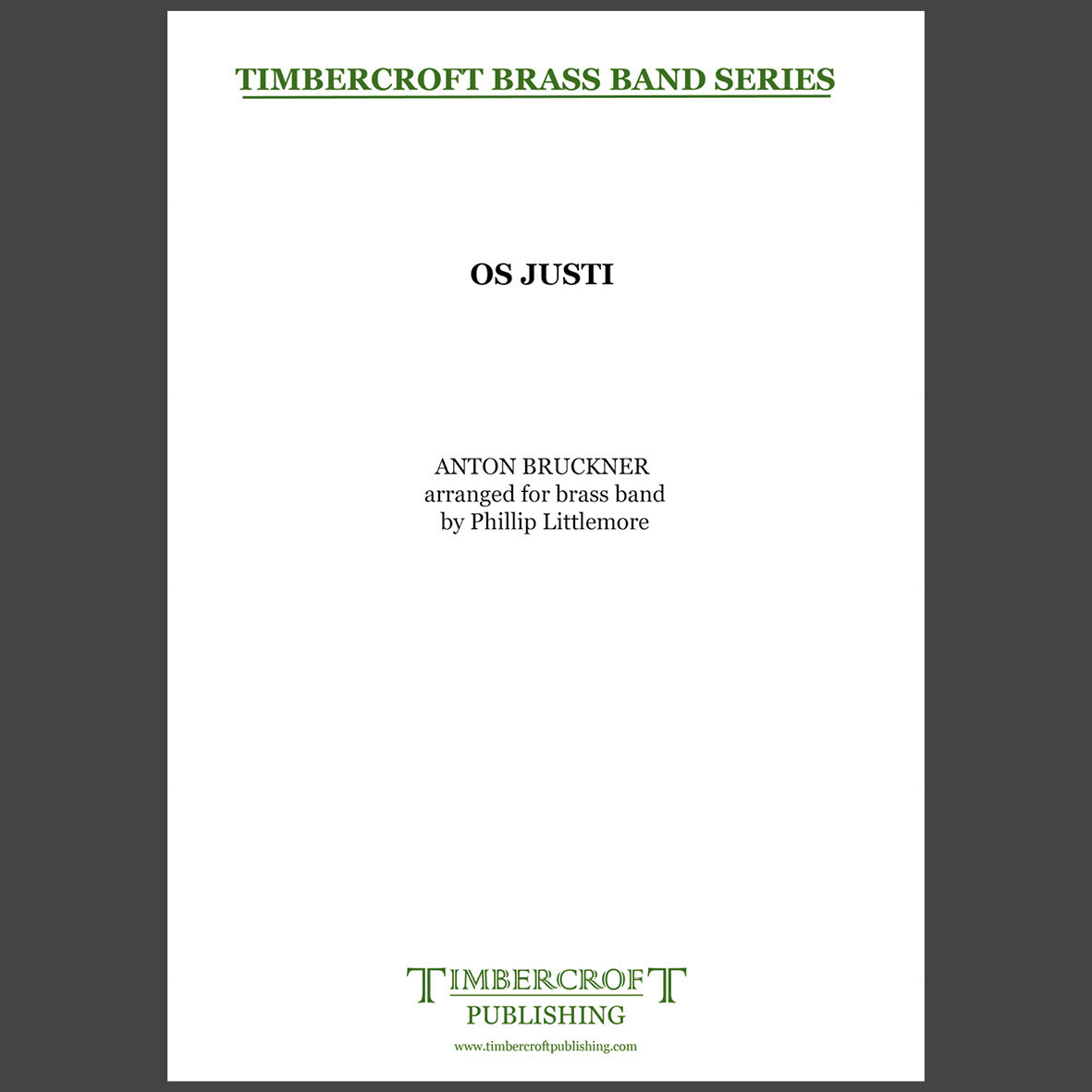 £30.00
£30.00Os Justi - Anton Bruckner arr. Phillip Littlemore
Estimated dispatch 5-7 working days
-
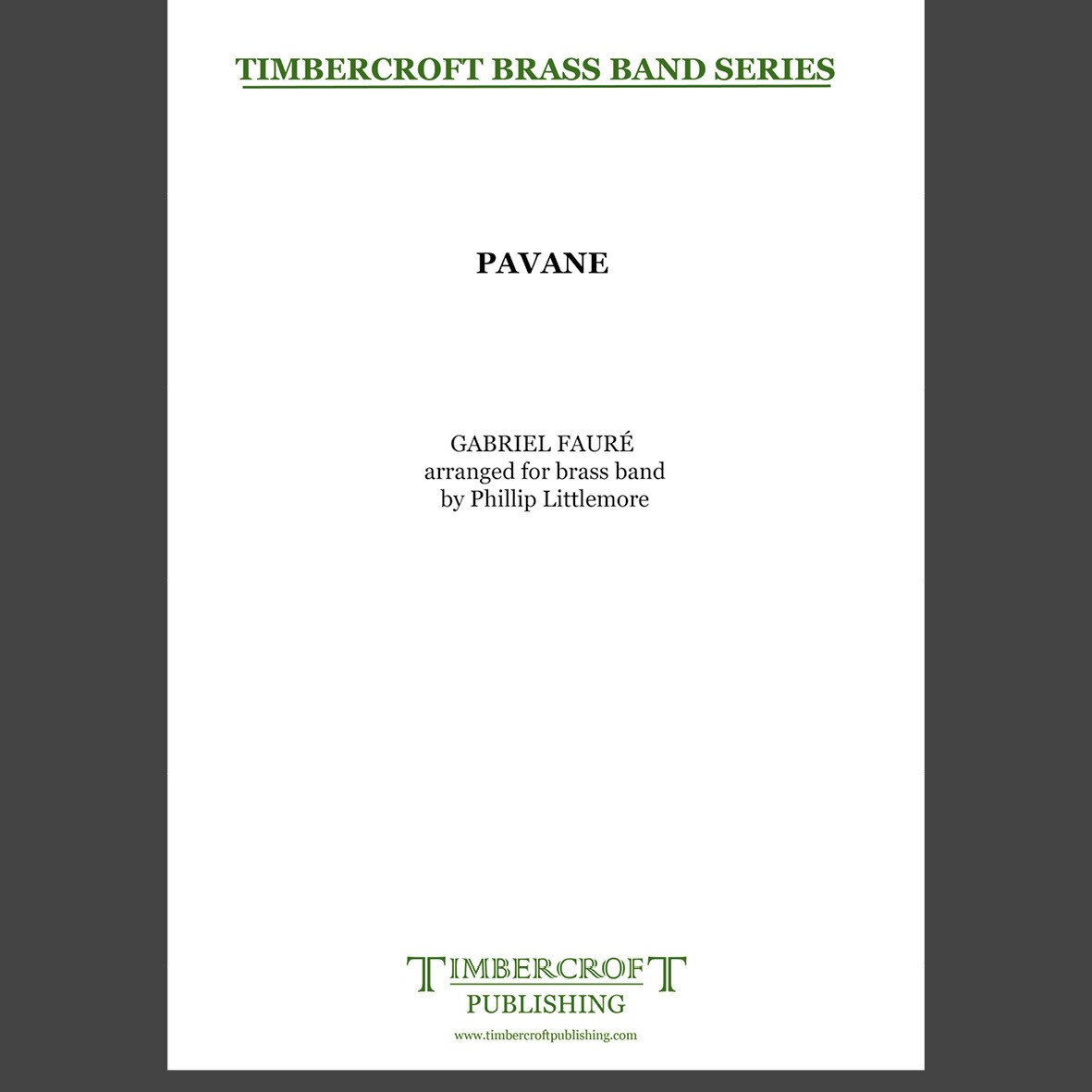 £30.00
£30.00Pavane - Gabriel FaurA(c) arr. Phillip Littlemore
Estimated dispatch 5-7 working days
-
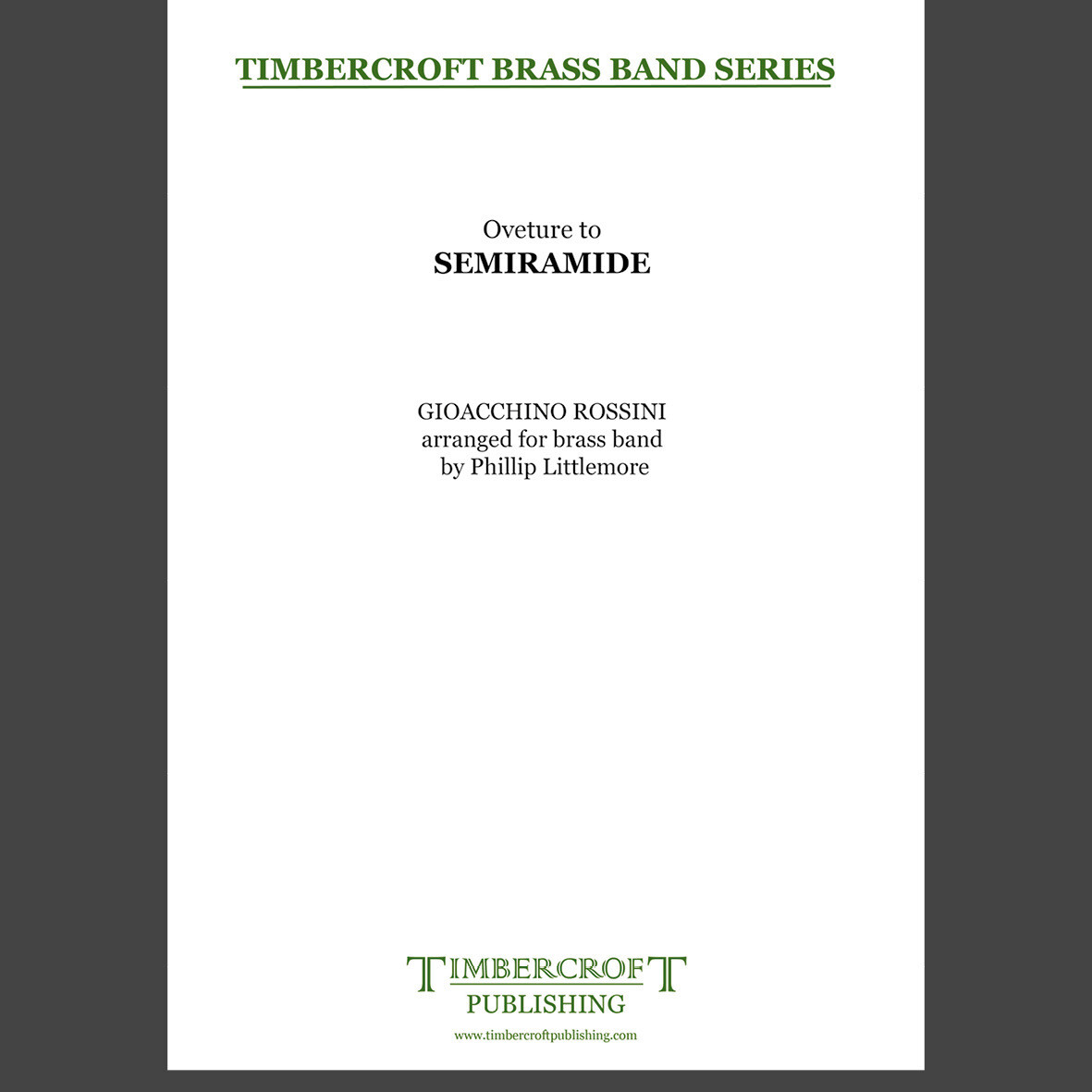 £40.00
£40.00Semiramide - Gioacchino Rossini arr. Phillip Littlemore
Estimated dispatch 5-7 working days
-
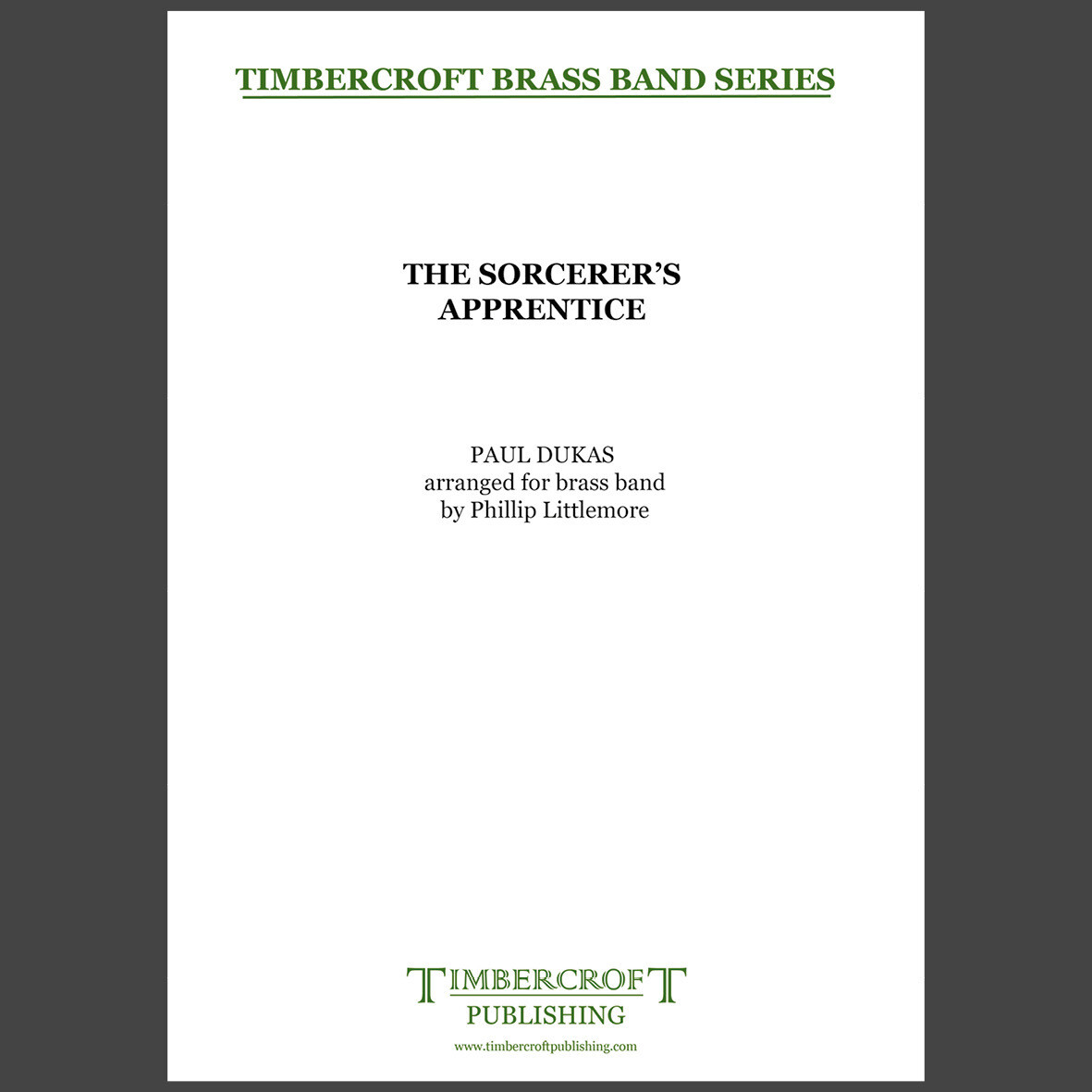 £40.00
£40.00Sorcerer's Apprentice, The - Paul Dukas arr. Phillip Littlemore
Estimated dispatch 5-7 working days
-
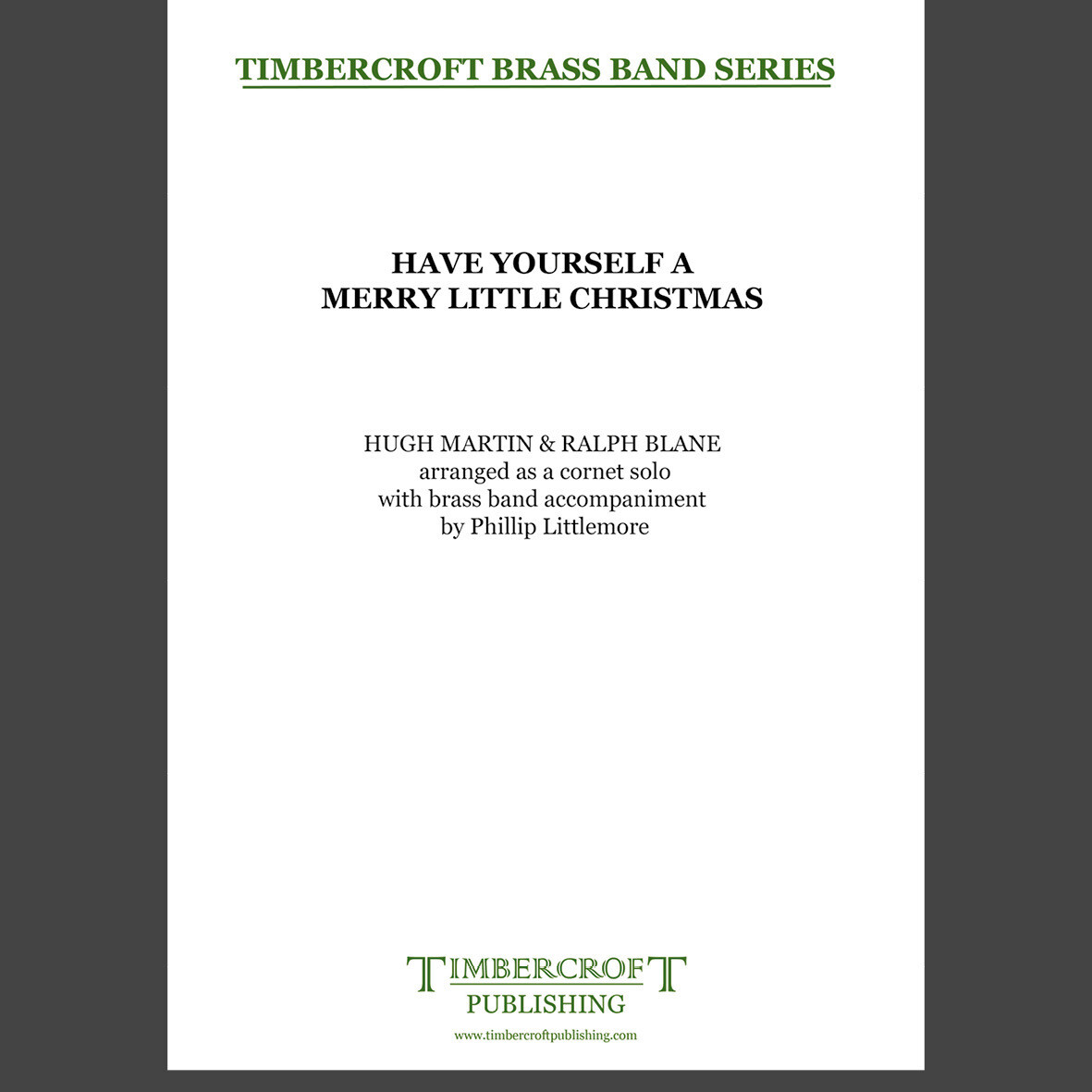 £30.00
£30.00Stars and Stripes Forever, The - John Philip Sousa arr. Phillip Littlemore
Estimated dispatch 5-7 working days
-
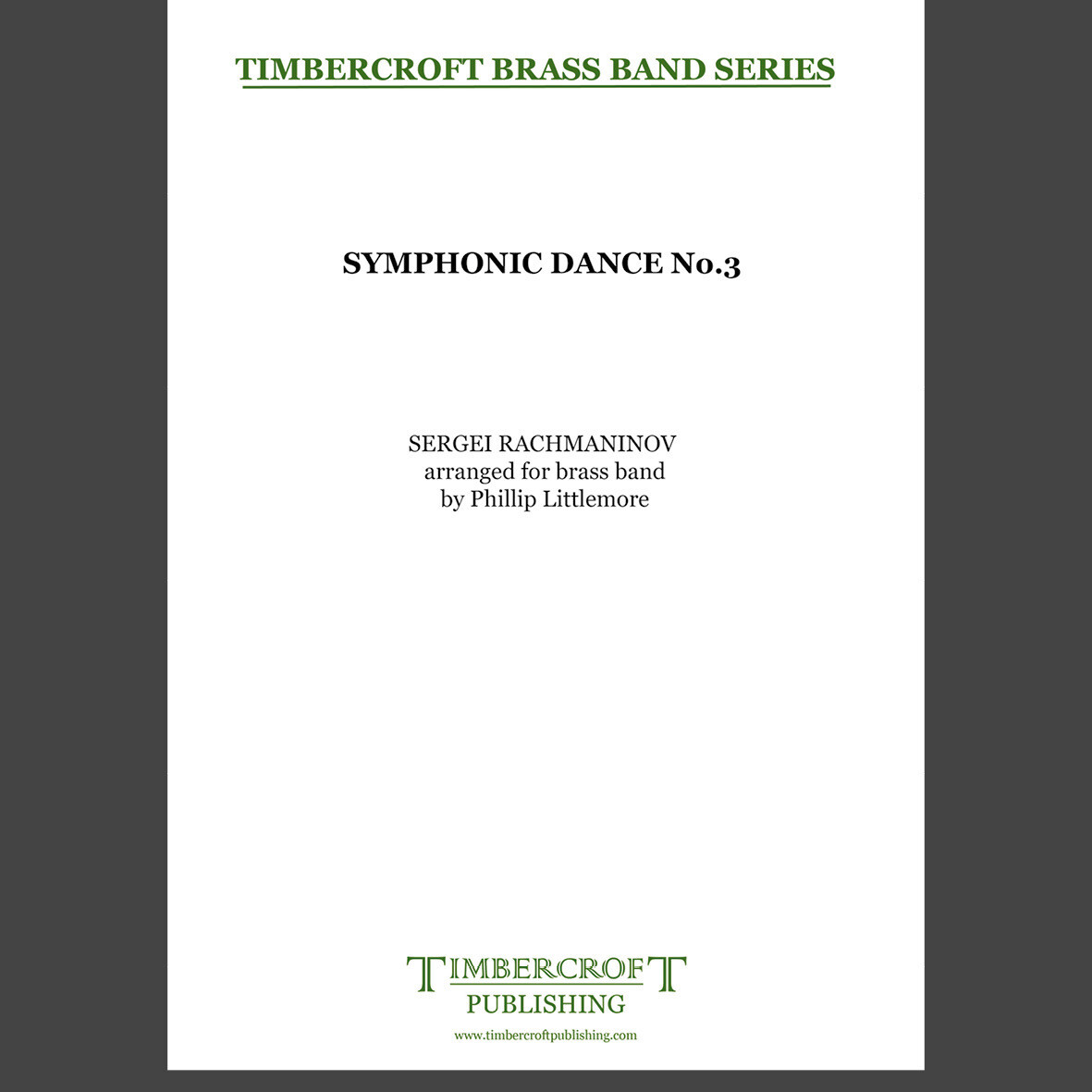 £35.00
£35.00Symphonic Dance No.3 - Sergei Rachmaninov arr. Phillip Littlemore
Estimated dispatch 5-7 working days
-
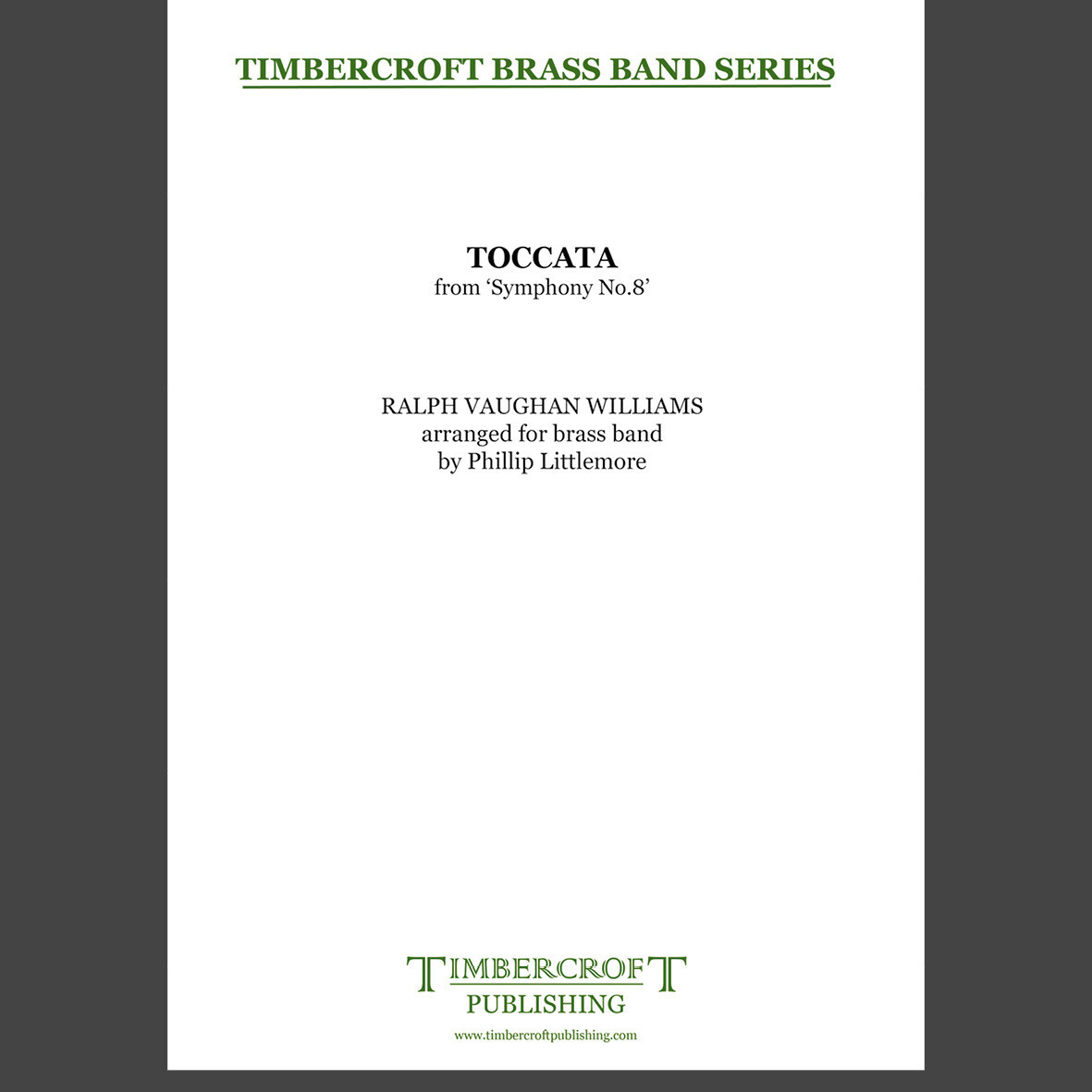 £40.00
£40.00Toccata from Symphony No.8 - Ralph Vaughan Williams arr. Phillip Littlemore
Estimated dispatch 5-7 working days
-
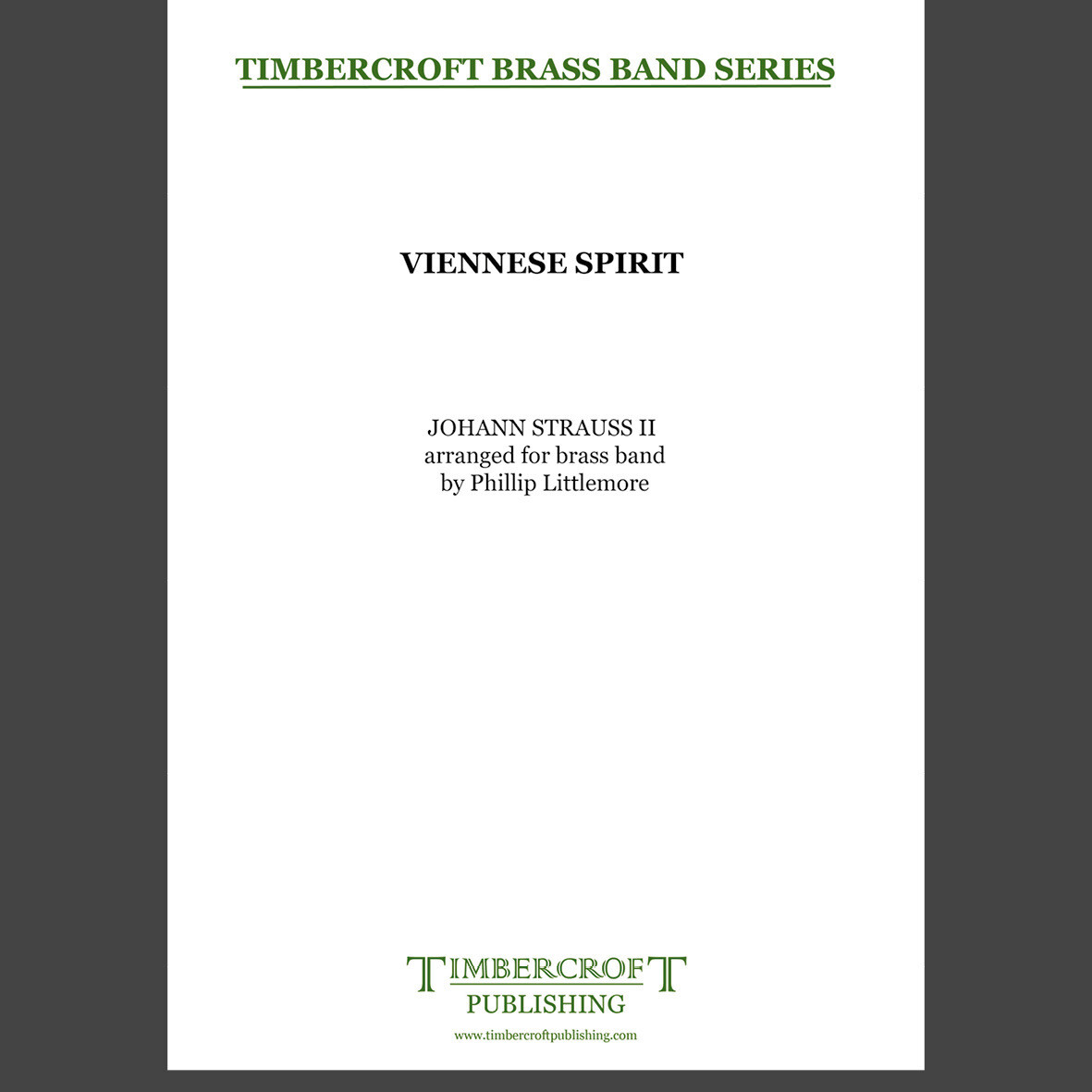 £35.00
£35.00Viennese Spirit - Johann Strauss II arr. Phillip Littlemore
Estimated dispatch 5-7 working days
